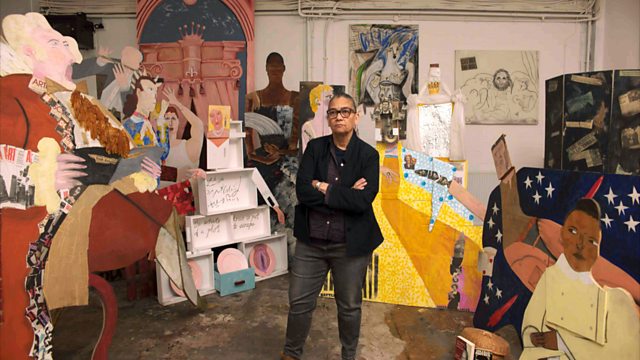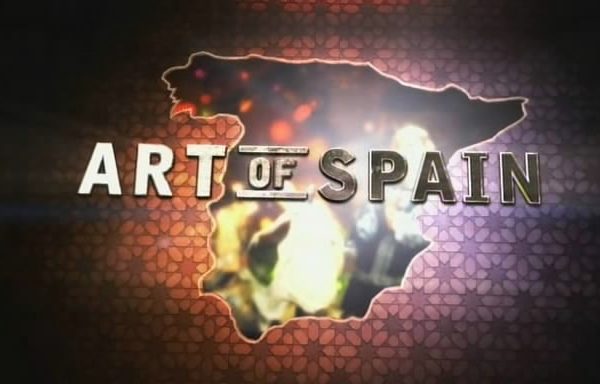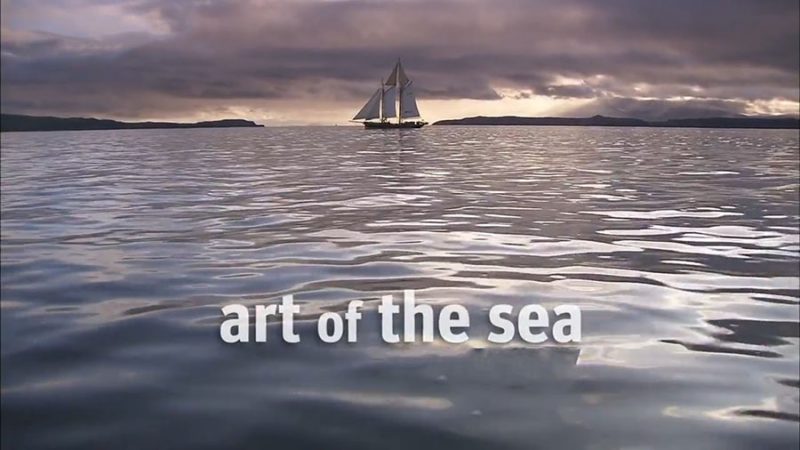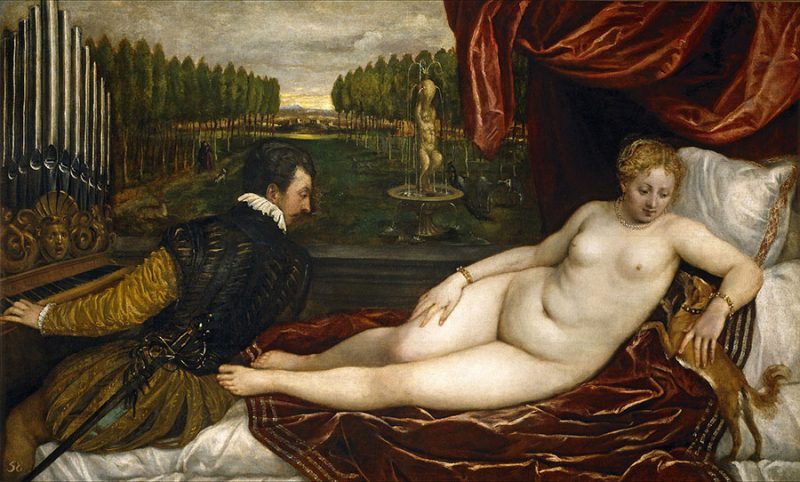Art That Made Us episode 5: This episode traces the story of Britain during the 18th century, a period that saw an explosion of creativity and a country with enough money, from trade and conquest, to pay for it. But the money had a dark side: sculptor Thomas J Price visits Harewood House to see the elaborate Robert Adam-designed interiors, Joshua Reynolds portraits and Thomas Chippendale furniture that were paid for by the slave trade.
This was also the great age of mockery, and artist Lubaina Himid reflects on William Hogarth’s scabrous exposure of upper-class hypocrisies, while comedian Stewart Lee analyses the cutting humour of A Modest Proposal, Jonathan Swift’s bitter satire about the treatment of the Irish poor, with passages performed by actor Jason Isaacs.
An age of exploitation was stirring up a growing social conscience. Emma Bridgewater examines how potter Josiah Wedgwood fought a campaign against slavery with teapots and porcelain medallions, while Martin Rowson analyses his hero James Gillray’s invention of the biting political cartoon, poking fun at all sides. The Georgian era was also a great age of writing, from Olaudah Equiano’s searing account of enslavement to Jane Austen’s classic novels. Sculptor Douglas Gordon explores what Robert Burns, with his distinctive dialect and poems of ordinary life, still means to Scots today.
Art That Made Us episode 5
Josiah Wedgwood FRS (12 July 1730 – 3 January 1795) was an English potter, entrepreneur, and abolitionist. Founding the Wedgwood company in 1759, he developed improved pottery bodies by systematic experimentation, and was the leader in the industrialisation of the manufacture of European pottery.
The renewed classical enthusiasms of the late 1760s and early 1770s were of major importance to his sales promotion. His expensive goods were in much demand from the upper classes, while he used emulation effects to market cheaper sets to the rest of society. Every new invention that Wedgwood produced – green glaze, creamware, black basalt, and jasperware – was quickly copied. Having once achieved efficiency in production, he obtained efficiencies in sales and distribution. His showrooms in London gave the public the chance to see his complete range of tableware.
Wedgwood’s company never made porcelain during his lifetime, but specialised in fine earthenwares and stonewares that had many of the same qualities, but were considerably cheaper. He made great efforts to keep the designs of his wares in tune with current fashion. He was an early adopter of transfer printing which gave similar effects to hand-painting for a far lower cost. Meeting the demands of the consumer revolution that helped drive the Industrial Revolution in Britain, Wedgwood is credited as a pioneer of modern marketing. He pioneered direct mail, money back guarantees, self-service, free delivery, buy one get one free, and illustrated catalogues.




